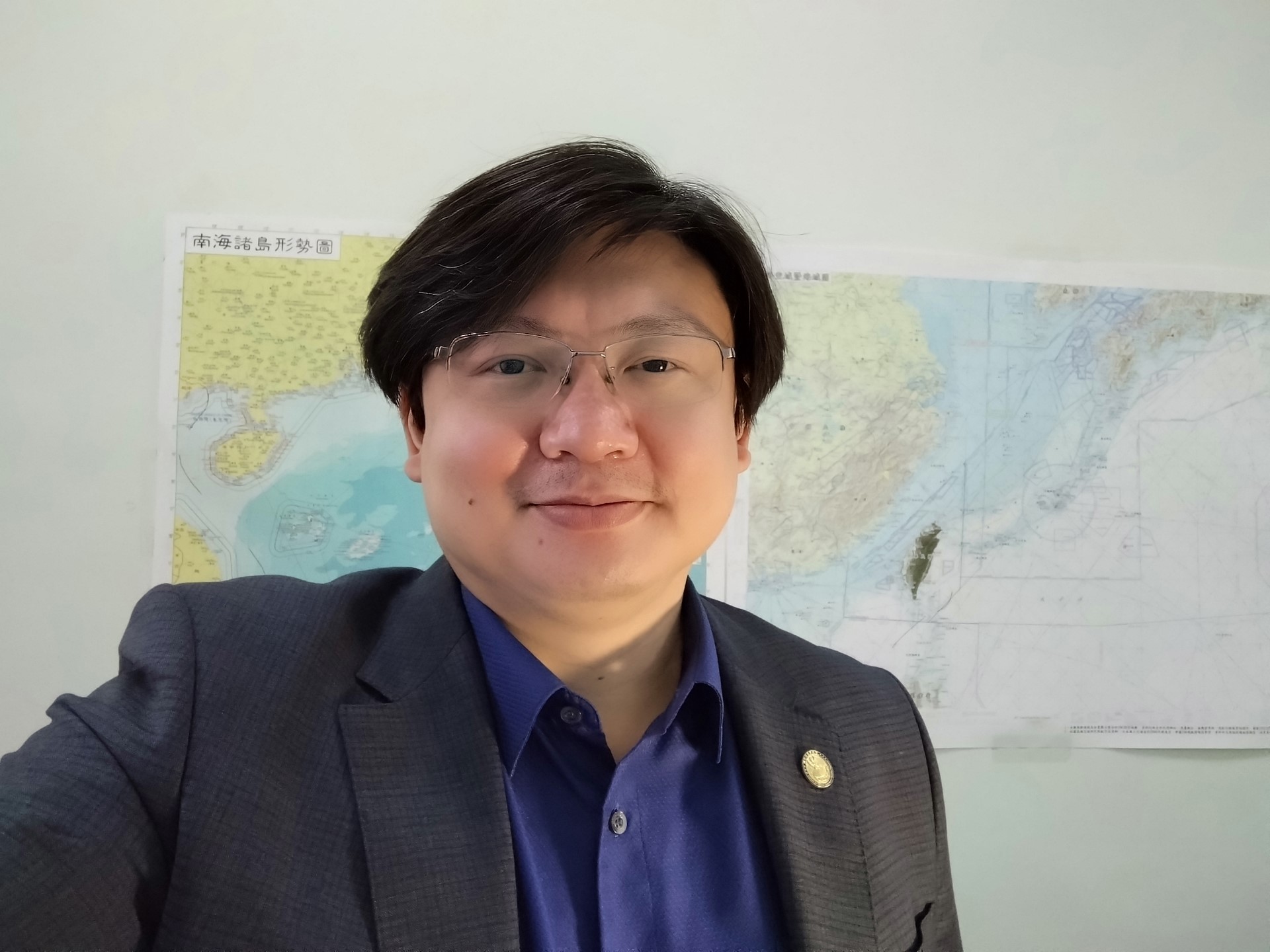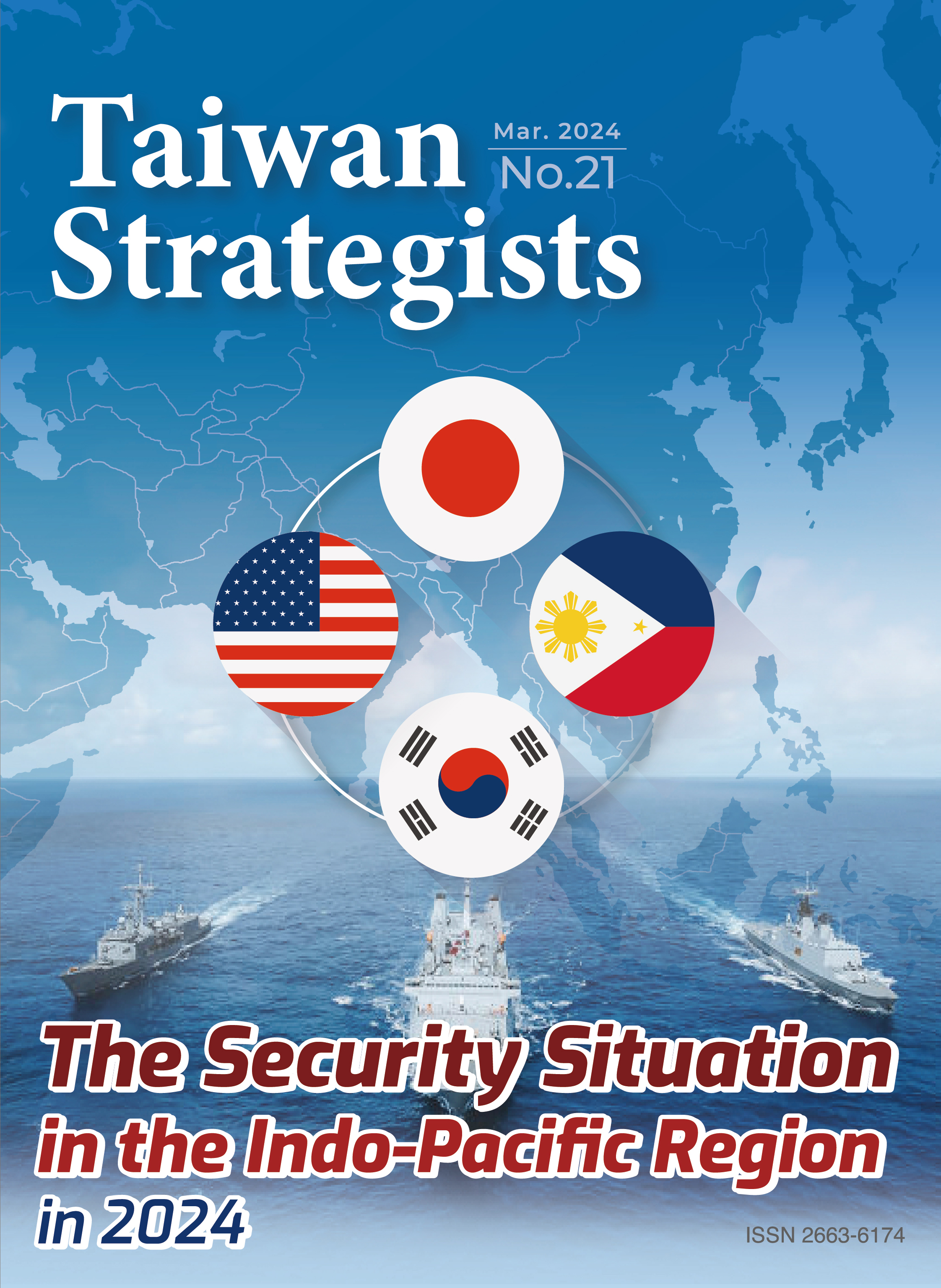Taiwan Strategists No. 21
China’s Coercive Measures Against Taiwan in the Context of the Taiwanese and U.S. Elections
Jyun-Yi Lee
Associate Research Fellow,
Institute for National Defense and Security Research
Abstract
This paper seeks to explain China’s relative restraint vis-à-vis Taiwan around Taiwan’s general elections and the implications. China’s interpretation of the election outcomes, its domestic problems and, more importantly, the pursuit of stable U.S.-China relations, may have contributed to the absence of large-scale military intimidation against Taiwan. While it is suggested that U.S.-China relations may remain precariously stable — at least until the U.S. presidential election in November 2024 — and that as a result, China should refrain from causing a major crisis in the Taiwan Strait, China is nevertheless likely to use “grey zone” tactics to put pressure on Taiwan. This is evident in China’s termination of tariff cuts to several Taiwanese products, the M503 flight route controversy, and the Kinmen capsizing incident. The paper proposes that “cross-domain deterrence” opens some thinking space for countering China’s “grey zone” activities, and discusses some of its elements, including identifying China’s vulnerabilities, the role of partners in communicating with China, and scenario-based exercises.
Keywords: Presidential Elections, Coercion, Grey Zone Activities, Legal Warfare, Cross-Domain Deterrence
The Camp David Partnership and Its Potential Challenges
Tsun-Yen Wang
Associate Research Fellow,
Institute for National Defense and Security Research
Abstract
The Camp David Summit represents a firm resolution by the United States, Japan and South Korea to work together to tackle regional and global challenges. The joint statement of the Summit upholds shared values and addresses geopolitical tensions, including those created by China and North Korea. While the Summit heralds the prospect of democratic solidarity against authoritarian regimes, this paper argues that existing mutual suspicions and different views on security could pose challenges to the trilateral partnership. This includes Japan’s skepticism of South Korea’s commitment to improving bilateral relations, South Korea’s skepticism of Japan’s diplomatic thaw with North Korea, South Korea’s skepticism of United States security guarantees, and different threat perceptions between Japan and South Korea.
Keywords: Camp David, Japan, South Korea, Skepticism, Threat Perception
Theseus in the South China Sea: Stimulus, Orientations, and Momentum of the Paradigm- Shifting Philippines
Chung-Ting Huang
Associate Research Fellow,
Institute for National Defense and Security Research
Abstract
For a long time, ASEAN countries, including the Philippines, have embraced “economic reliance on China” while choosing to tolerate the Minotaur’s bullying behavior in the South China Sea. However, China’s grey zone operations in the South China Sea last year, which were clearly aimed at seizing islands from the Philippines, undoubtedly served as a significant catalyst for President Marcos’ pursuit of a paradigm shift by Manila. In this regard, the Philippines is comparable to the Greek hero Theseus who rose to confront the Minotaur in Greek mythology. This paper argues that the paradigm shift in Philippine-China diplomacy is an ongoing process: for the Marcos government, the modernization of the Philippine-U.S. alliance serves as the Ariadne’s Thread in the Philippines’ resistance against China in the South China Sea.
Keywords: Paradigm Shift, South China Sea, Grey Zone Tactics, Alliance Modernization, Philippines




